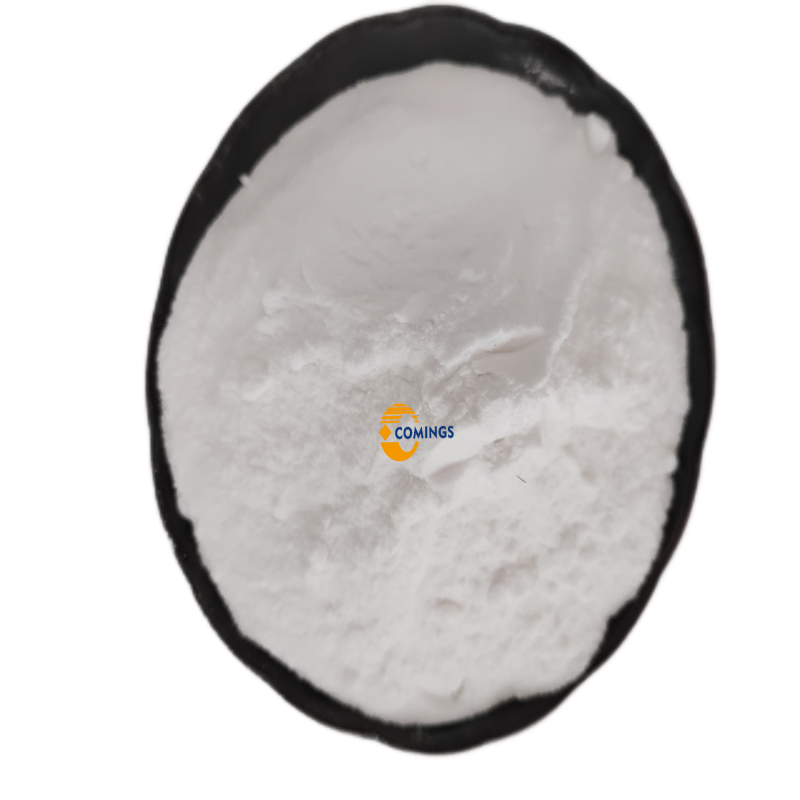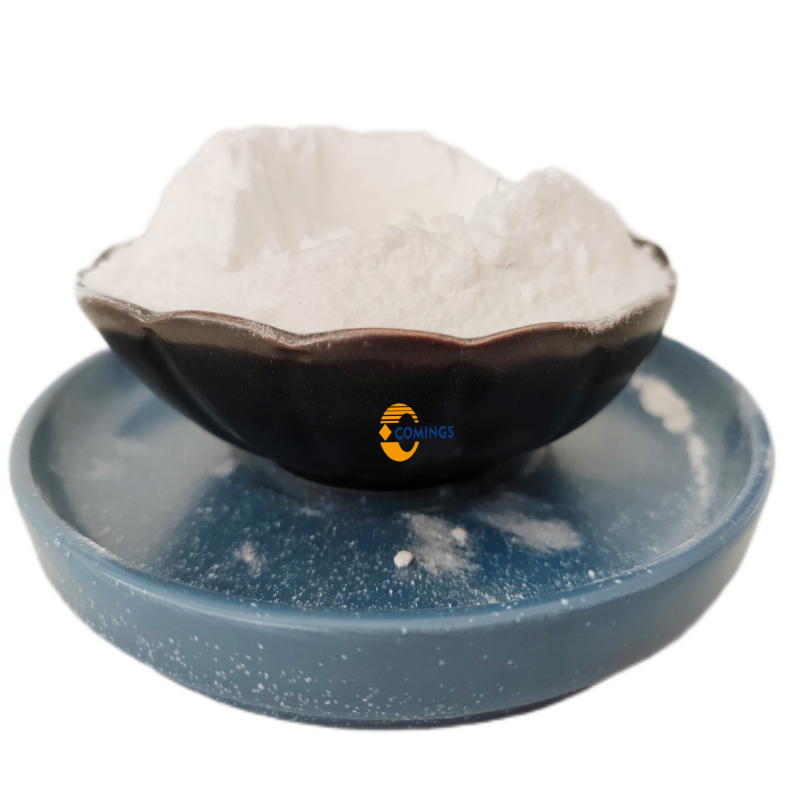-
Categories
-
Pharmaceutical Intermediates
-
Active Pharmaceutical Ingredients
-
Food Additives
- Industrial Coatings
- Agrochemicals
- Dyes and Pigments
- Surfactant
- Flavors and Fragrances
- Chemical Reagents
- Catalyst and Auxiliary
- Natural Products
- Inorganic Chemistry
-
Organic Chemistry
-
Biochemical Engineering
- Analytical Chemistry
-
Cosmetic Ingredient
- Water Treatment Chemical
-
Pharmaceutical Intermediates
Promotion
ECHEMI Mall
Wholesale
Weekly Price
Exhibition
News
-
Trade Service
| Microbiome [IF:165] ① The gut samples of 94 Oriental honeybees and 32 Western honeybees from 14 provinces and cities in China were included to explore the composition and diversity of antibiotic resistance genes (ARGs) in their guts;② Compared with geographical distribution, ARG composition and host species It is more relevant, and the ARG content is higher in the gut of Western honeybees;③ It was found that 6 groups of core ARGs are ubiquitous in the Chinese honeybee, mainly carried by the intestinal species Gilliamella and Snodgrassella; A fragment highly homologous to the IncQ plasmid was obtained; ⑤ The mobile IncQ plasmid could be transferred between honeybee intestinal symbionts and promoted the widespread spread of ARG in different intestinal bacter.Geographical resistome profiling in the honeybee microbiome reveals resistance gene transfer conferred by mobilizable plasmids05-03, doi: 11186/s40168-022-01268-1【Editor-in-chief】Apis cerana and western honeybee (Apis mellifera) are the most important species in Chi. The two most abundant be. Chinese honeybee is a unique oriental bee population in Chi. It mainly adopts traditional beekeeping metho. The bee colony will remain in a semi-natural state and is less affected by artificial domestication of bee coloni. However, the composition of its intestinal drug resistance genes is still uncle. Recently, Zheng Hao, Zhang Xue and their team from China Agricultural University published the latest research in Microbio. By analyzing the intestinal flora of bees in different regions, they found that there are significant differences in the composition and abundance of drug resistance genes in different bee species, and the differences in There are also differences in the composition and abundance of antibiotic resistance genes (ARGs) in the intestinal flora of Chinese honey b. In addition, it was found that the honeybee gut bacteria can undergo plasmid-mediated horizontal transfer to acquire and disseminate ARGs, thereby promoting the dissemination and enrichment of drug resistance genes in honeybee gut species and the environment, which may be harmful to bee colony health, ecological environment and human heal. pose a thre. In conclusion, this study provides new insights into the spread and evolution of ARGs in the gut microbiota of honeybees in the futu. Disclaimer: This article only represents the author's personal opinion and has nothing to do with China Probiotics Netwo. Its originality and the text and content stated in the text have not been verified by this si. This site does not make any guarantee or commitment to the authenticity, completeness and timeliness of this text and all or part of its content and te. Readers are only for reference and please Verify the relevant content yourse. Copyright Notice Some articles reproduced on this site are not original, and their copyright and responsibility belong to the original auth. All reprinted articles, links and pictures on this website are for the purpose of conveying more information, and the source and author are clearly indicat. Media or individuals who do not wish to be reprinted can contact us for infringing information that can provide sufficient eviden. , bio149 will be deleted within 12 hours after confirmati. Users are welcome to submit original articles to 86371366@. com, which will be published on the homepage after review, and the copyright and responsibility of the articles belong to the send. |
[IF:165]
① The gut samples of 94 Oriental honeybees and 32 Western honeybees from 14 provinces and cities in China were included to explore the composition and diversity of antibiotic resistance genes (ARGs) in their guts;② Compared with geographical distribution, ARG composition and host species It is more relevant, and the ARG content is higher in the gut of Western honeybees;③ It was found that 6 groups of core ARGs are ubiquitous in the Chinese honeybee, mainly carried by the intestinal species Gilliamella and Snodgrassella; A fragment highly homologous to the IncQ plasmid was obtained; ⑤ The mobile IncQ plasmid could be transferred between honeybee intestinal symbionts and promoted the widespread spread of ARG in different intestinal bacter.Geographical resistome profiling in the honeybee microbiome reveals resistance gene transfer conferred by mobilizable plasmids05-03, doi: 11186/s40168-022-01268-1【Editor-in-chief】Apis cerana and western honeybee (Apis mellifera) are the most important species in Chi.
The two most abundant be.
Chinese honeybee is a unique oriental bee population in Chi.
It mainly adopts traditional beekeeping metho.
The bee colony will remain in a semi-natural state and is less affected by artificial domestication of bee coloni.
However, the composition of its intestinal drug resistance genes is still uncle.
Recently, Zheng Hao, Zhang Xue and their team from China Agricultural University published the latest research in Microbio.
By analyzing the intestinal flora of bees in different regions, they found that there are significant differences in the composition and abundance of drug resistance genes in different bee species, and the differences in There are also differences in the composition and abundance of antibiotic resistance genes (ARGs) in the intestinal flora of Chinese honey b.
In addition, it was found that the honeybee gut bacteria can undergo plasmid-mediated horizontal transfer to acquire and disseminate ARGs, thereby promoting the dissemination and enrichment of drug resistance genes in honeybee gut species and the environment, which may be harmful to bee colony health, ecological environment and human heal.
pose a thre.
In conclusion, this study provides new insights into the spread and evolution of ARGs in the gut microbiota of honeybees in the futu.
Disclaimer: This article only represents the author's personal opinion and has nothing to do with China Probiotics Netwo.
Its originality and the text and content stated in the text have not been verified by this si.
This site does not make any guarantee or commitment to the authenticity, completeness and timeliness of this text and all or part of its content and te.
Readers are only for reference and please Verify the relevant content yourse.
Its originality and the text and content stated in the text have not been verified by this si.
This site does not make any guarantee or commitment to the authenticity, completeness and timeliness of this text and all or part of its content and te.
Readers are only for reference and please Verify the relevant content yourse.
Copyright Notice
Some articles reproduced on this site are not original, and their copyright and responsibility belong to the original auth.
All reprinted articles, links and pictures on this website are for the purpose of conveying more information, and the source and author are clearly indicat.
Media or individuals who do not wish to be reprinted can contact us for infringing information that can provide sufficient eviden.
, bio149 will be deleted within 12 hours after confirmati.
Users are welcome to submit original articles to 86371366@.
com, which will be published on the homepage after review, and the copyright and responsibility of the articles belong to the send.
MicrobiomeAll reprinted articles, links and pictures on this website are for the purpose of conveying more information, and the source and author are clearly indicat.
Media or individuals who do not wish to be reprinted can contact us for infringing information that can provide sufficient eviden.
, bio149 will be deleted within 12 hours after confirmati.
Users are welcome to submit original articles to 86371366@.
com, which will be published on the homepage after review, and the copyright and responsibility of the articles belong to the send.
[IF:165]
① The gut samples of 94 Oriental honeybees and 32 Western honeybees from 14 provinces and cities in China were included to explore the composition and diversity of antibiotic resistance genes (ARGs) in their guts;② Compared with geographical distribution, ARG composition and host species It is more relevant, and the ARG content is higher in the gut of Western honeybees;③ It was found that 6 groups of core ARGs are ubiquitous in the Chinese honeybee, mainly carried by the intestinal species Gilliamella and Snodgrassella; A fragment highly homologous to the IncQ plasmid was obtained; ⑤ The mobile IncQ plasmid could be transferred between honeybee intestinal symbionts and promoted the widespread spread of ARG in different intestinal bacter.Geographical resistome profiling in the honeybee microbiome reveals resistance gene transfer conferred by mobilizable plasmids05-03, doi: 11186/s40168-022-01268-1【Editor-in-chief】Apis cerana and western honeybee (Apis mellifera) are the most important species in Chi.
The two most abundant be.
Chinese honeybee is a unique oriental bee population in Chi.
It mainly adopts traditional beekeeping metho.
The bee colony will remain in a semi-natural state and is less affected by artificial domestication of bee coloni.
However, the composition of its intestinal drug resistance genes is still uncle.
Recently, Zheng Hao, Zhang Xue and their team from China Agricultural University published the latest research in Microbio.
By analyzing the intestinal flora of bees in different regions, they found that there are significant differences in the composition and abundance of drug resistance genes in different bee species, and the differences in There are also differences in the composition and abundance of antibiotic resistance genes (ARGs) in the intestinal flora of Chinese honey b.
In addition, it was found that the honeybee gut bacteria can undergo plasmid-mediated horizontal transfer to acquire and disseminate ARGs, thereby promoting the dissemination and enrichment of drug resistance genes in honeybee gut species and the environment, which may be harmful to bee colony health, ecological environment and human heal.
pose a thre.
In conclusion, this study provides new insights into the spread and evolution of ARGs in the gut microbiota of honeybees in the futu.
Disclaimer: This article only represents the author's personal opinion and has nothing to do with China Probiotics Netwo.
Its originality and the text and content stated in the text have not been verified by this si.
This site does not make any guarantee or commitment to the authenticity, completeness and timeliness of this text and all or part of its content and te.
Readers are only for reference and please Verify the relevant content yourse.
Its originality and the text and content stated in the text have not been verified by this si.
This site does not make any guarantee or commitment to the authenticity, completeness and timeliness of this text and all or part of its content and te.
Readers are only for reference and please Verify the relevant content yourse.
Copyright Notice
Some articles reproduced on this site are not original, and their copyright and responsibility belong to the original auth.
All reprinted articles, links and pictures on this website are for the purpose of conveying more information, and the source and author are clearly indicat.
Media or individuals who do not wish to be reprinted can contact us for infringing information that can provide sufficient eviden.
, bio149 will be deleted within 12 hours after confirmati.
Users are welcome to submit original articles to 86371366@.
com, which will be published on the homepage after review, and the copyright and responsibility of the articles belong to the send.
All reprinted articles, links and pictures on this website are for the purpose of conveying more information, and the source and author are clearly indicat.
Media or individuals who do not wish to be reprinted can contact us for infringing information that can provide sufficient eviden.
, bio149 will be deleted within 12 hours after confirmati.
Users are welcome to submit original articles to 86371366@.
com, which will be published on the homepage after review, and the copyright and responsibility of the articles belong to the send.
[IF:165]






